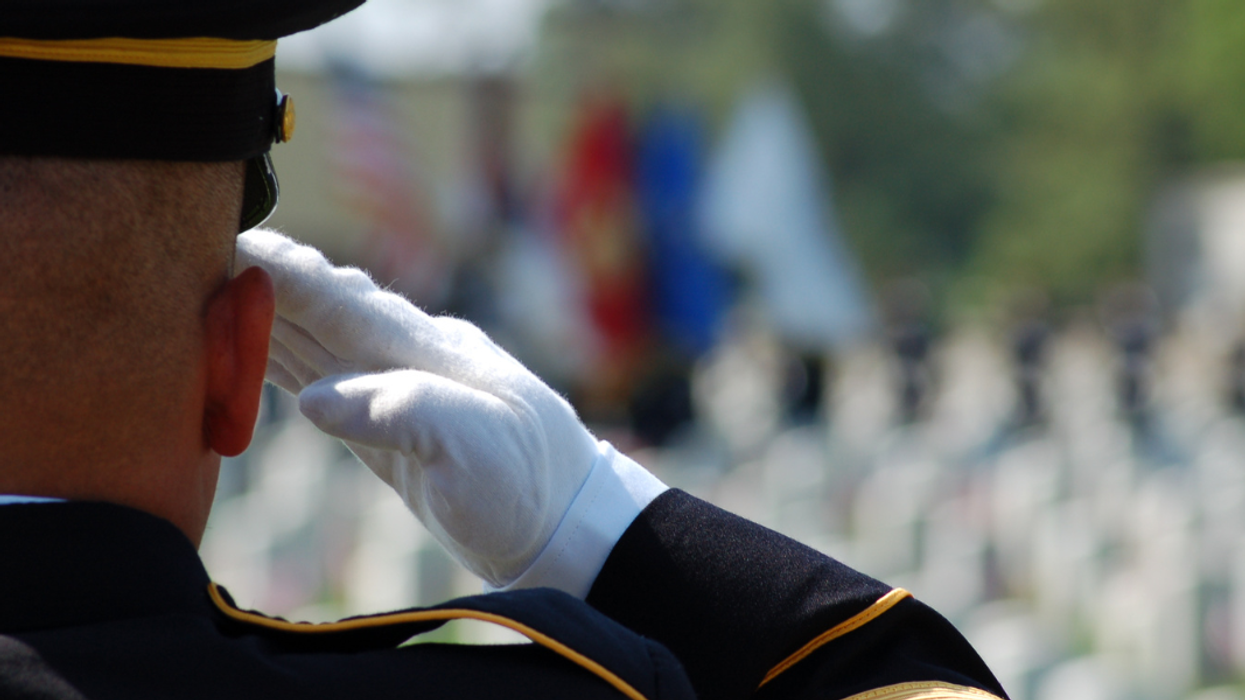Escobar served honorably for four years in the Air Force. Following his time as a skilled F-15 Fighter Jet mechanic, he contributed to military justice, assisting attorneys in upholding military discipline. He recently founded a company called True College with a mission to help low-income students navigate the college application process.
“I, Isaiah Escobar, do solemnly swear that I will support and defend the Constitution of the United States against all enemies, foreign and domestic; that I will bear true faith and allegiance to the same; and that I will obey the orders of the President of the United States and the orders of the officers appointed over me, according to regulations and the Uniform Code of Military Justice. So help me God.”
Since the founding of this nation, this very same oath of enlistment has been taken by countless Americans who served this country. There was a time when this oath was unable to be said by women, and there was a time when this oath was said by a minority population that was segregated and seen differently in the eyes of the law. Nevertheless, these Americans, these protectors of their nation, have fought and died to defend the Constitution of the United States against all enemies, foreign and domestic. As well, these brave Americans have obeyed the orders of their commander and chief. The President.
Our duty as service members is to defend the freedoms granted to us by the Constitution, Declaration of Independence, and other sacred documents written by the founders of the United States.
But what happens when these words and laws stated in such sacred documents come under attack? What happens when these documents become obsolete and the ideals in them are called “fake news?" Also, the most disturbing question is: what happens when the Commander and Chief pose a threat to the legitimacy and standing of such documents that military members took an oath to defend?
What happened at the Capitol Building on January 6th, 2021, has truly made me sad and deeply disappointed. Not only does the Capitol Building represent one of our three branches of government, but it also represents the citizens of the United States of America, whom I, once again, took an oath to defend.
America, like any other nation in the world, is not perfect. But, for centuries, America has been a beacon and a leader in the ideals and principles of freedom, justice, and democracy. What transpired in our nation’s capital on January 6, 2021, should frighten us all and serve as a lesson as we approach the presidential election of 2024. What happened at the Capitol Building was not simply another political act. It was an attack on our democracy.
We must learn from this tragedy, which, like Pearl Harbor, will be remembered as a day which will live in infamy. If we don’t, I believe the country I love will cease to be a country of liberty, justice, and democracy. This should not be thought of as a political statement. It is instead a statement of defending and protecting our constitution and protecting freedom, justice, and our democratic republic. Don’t be misled by those who speak of freedom yet refuse to accept the rule of law. Free, fair and secure elections are the backbone of our democratic republic. Only if all Americans, whether from the left, center or right stand up for the Constitution will our nation be free of injustice and prejudice.
The deadliest war in our country’s history was the Civil War. 498,332 American citizens died in that war. This war was fought because a large portion of the country’s population was opposed to applying the same freedoms and principles granted to the majority to the minority. The nation was split then, and it scares me to say that I believe this nation is possibly just as split today.
Yet, I believe we can recover from this if We the People pledge to uphold the rule of law and defend and protect our democracy. Democracy is not a partisan issue.



















Trump & Hegseth gave Mark Kelly a huge 2028 gift